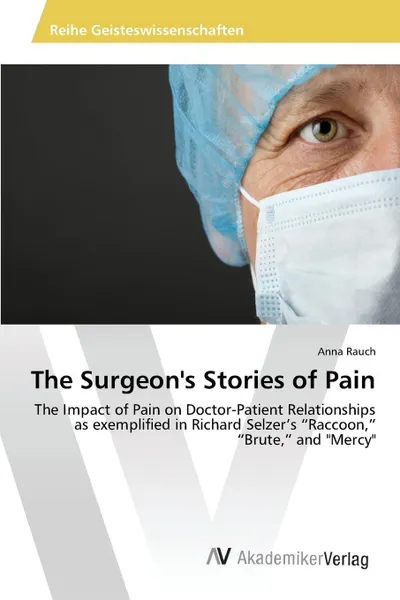The Surgeon's Stories of Pain 12+
Автор: Rauch Anna
2015
144 страницы
Категория: Энциклопедии, справочники
ISBN: 9783639856132
Язык: Английский
📓 Most of us know what it feels like to be a patient, to be in pain. Pain is a warning signal telling us that something is wrong with(in) our body, and it ultimately reminds us of our mortality. The moment we enter the hospital, we want doctors to improve our health, to diminish our pain and, above all, to assuage our fear. When we seek help we tend to forget that doctors are also human beings; we want them to treat us as quickly and efficiently as possible. Thus, we ignore that hidden underneath the white coats and the surgical masks there are people with needs of their own: we look at the medical profession only through the patient's eyes, but we hardly ever consider the doctor's point of view. Therefore, this thesis unveils how doctors experience their own varieties of pain as well as to what extent they are affected by their patients' suffering. It analyzes three surgical short stories by Richard Selzer, whose writings provide a new perspective on medicine: They encourage the patients to ponder a role with which they are totally unfamiliar, to broaden their horizons, and to immerse themselves in a science and a profession which would otherwise be out of their reach.
Мнения
